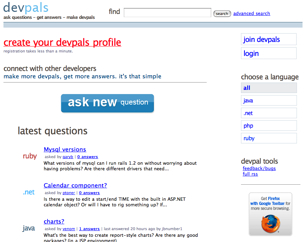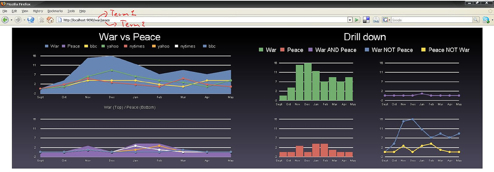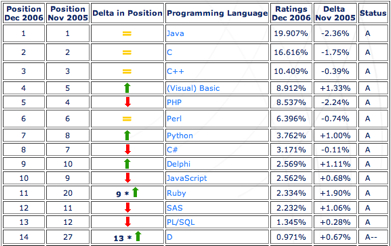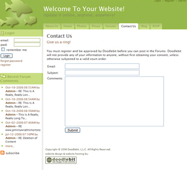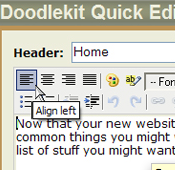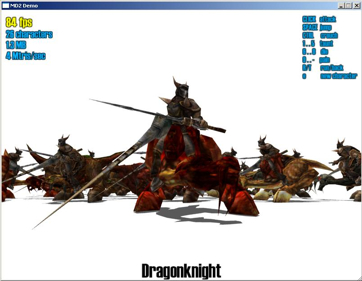
Almost anyone who’s tried to install Image/GraphicsMagick and RMagick on several different systems has experienced the pains of compilation, having to download this and that, and inconsistencies here and there. When all you want to do is produce some quick thumbnails from your Rails app, you can quickly feel it’s a bit overkill.
Enter ImageScience, a “clean and happy” Ruby library focused on producing thumbnails quickly and easily. According to the author it “kicks the living crap out of RMagick” and “doesn’t leak memory like a sieve”. I haven’t experienced any issues with RMagick myself, beyond the installation of its dependencies, but I haven’t been paying attention. Read More







